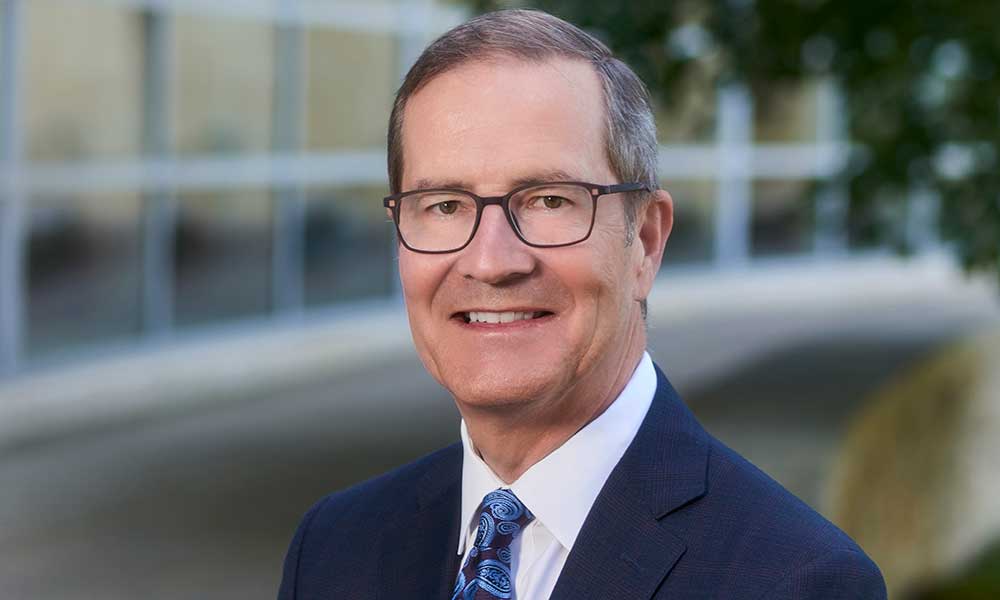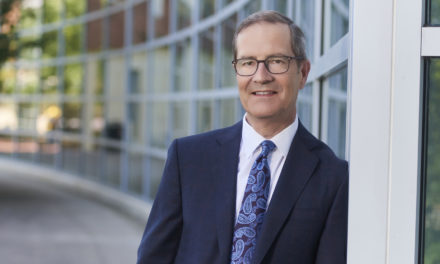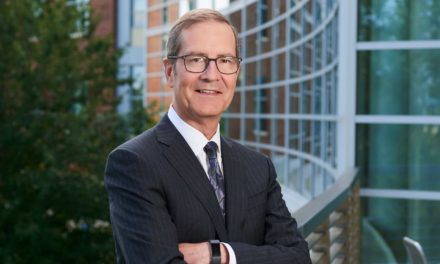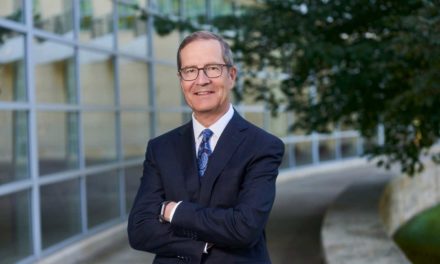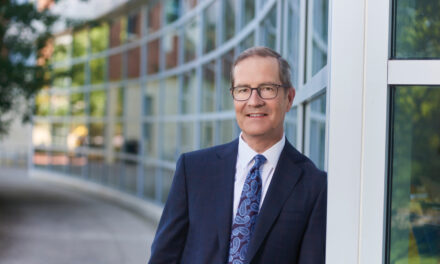By Dean Charles Whiteman
The history books are replete with stories of leaders who have transformed businesses, industries, cultures, and even societies by being bold and taking risks.
I encountered one such example this past November during a conversation with Penn State alumnus J.T. Marino, whose out-of-the-box mindset sparked a transformation of the mattress industry. In 2012, Marino and his business partner, fellow alumnus Dahee Park, were fed up with the process of purchasing mattresses, and they had a hunch that others felt the same way. So, the two software engineers stood up a website to see if people would be interested in buying a mattress online rather than from conventional brickand- mortar stores. Six years later, their start-up company, Tuft & Needle, merged with Serta Simmons, the world’s largest mattress manufacturer.
In the simplest of terms, Marino and Park thought differently about mattress retailing, and they discovered a better approach. Consumers rewarded them handsomely.
As educators, we regularly encourage business students to challenge the status quo. In fact, in this issue of Smeal Magazine, we profile several students of Smeal’s Corporate Innovation and Entrepreneurship program who have demonstrated the brand of boldness and creativity that made Marino and Park so successful. Yet, we too often fall short of practicing what we preach when it comes to the way we prepare students to lead in an ever-changing world.
Once upon a time, a one-size-fits-all solution in the form of the traditional, two-year resident MBA program met the needs of aspiring business leaders as well as corporations looking to recruit top talent. Today, few would disagree that business students need and expect more flexible, responsive options over the course of their careers.
The pandemic has only brought this phenomenon into sharper focus. Professionals are viewing their careers through a new prism — and they’re asking for skills and tools that will equip them to exceed the rate of change in a world that demands tailored, on-demand options in every facet of business.
The business leaders of today and tomorrow are thinking differently about their careers, and institutions of business education must follow suit.
Recent trends offer ample evidence that the limited, one-track model no longer works. According to the Graduate Management Admission Council (GMAC), 73 percent of full-time two-year MBA programs reported a decline in applications in 2019. In addition, 89 percent of MBA programs ranked in the top 50 by U.S. News reported a decline in applications. At least four prominent institutions shuttered their resident MBA programs in the past five years because of the financial strain of maintaining them. Contributing to this financial strain is an increasing number of scholarships that resident MBA programs must offer to attract students.
At Penn State Smeal, we understand — and have begun to demonstrate — that there is a solution. Brian Cameron, associate dean for professional graduate programs, and his team have made tremendous progress in disrupting the status quo — with a portfolio of programs that provide customizable learning plans and allow for stacking of degrees and other credentials.
Individuals who wish to specialize in accounting or marketing or supply chain management, for example, may choose from 14 online certificates, 14 online and resident specialty master’s degrees, and three different forms of the MBA. This flexibility is attractive for students whose circumstances don’t allow for a traditional campus-based two-year resident MBA schedule, and for employers in search of talent that is prepared to make an immediate difference. It also affords many opportunities for lifelong learning throughout all career stages.
Indeed, it’s time to think differently about business education if we are to continue developing the leading business minds of the 21st century. We are making tremendous strides, yet there is much work ahead of us. I look forward to keeping you apprised of our ongoing progress in leading this important work. Thanks, as always, for taking this journey with us.
Photo by Steve Tressler
